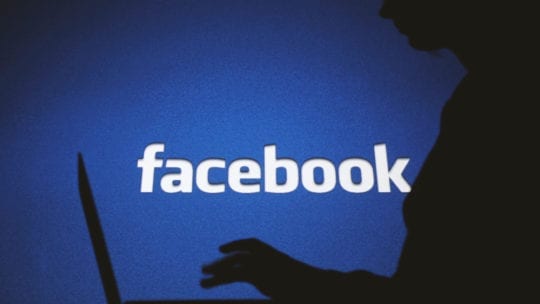
After the spread of misinformation on Facebook leading up to the 2016 presidential election, the social giant began partnering with journalists to factcheck, and flag, false news stories on the platform. Now, two years after the program began, some participating reporters are calling for its discontinuation, alleging that the partnership is little more than a crisis PR stunt and that Facebook has compromised their journalistic integrity.
In a Dec. 13 article, The Guardian spoke to multiple journalists who claim that the collaboration has “produced minimal results and that they’ve lost trust in Facebook, which has repeatedly refused to release meaningful data about the impacts of their work.”
More than one journalist alleged that the company’s own actions were counteracting the point of the program it claims to support. The story specifically referred to a recent revelation that Facebook “had paid a consulting firm to go after opponents by publicizing their association with billionaire Jewish philanthropist George Soros,” which helped feed “a well-known conspiracy theory about Soros being the hidden hand behind all manner of liberal causes and global events.” Since much of the misinformation around this theory is disseminated on Facebook, one anonymously-quoted journalist asked “Why should we trust Facebook when it’s pushing the same rumors that its own fact-checkers are calling fake news?”
Facebook also responded to the report on its blog, claiming that the article was full of inaccuracies and that thought it had provided information to The Guardian, it had not been included.
While the benefits or drawbacks of the program have not been solved by this exchange, the situation does bring up some valuable points about the relationship between a company’s PR efforts and journalists, and how to make sure those collaborations are mutually beneficial.
Fact-checking is sacred in journalism, and should be treated as such
Though most brands do not need a large group of journalists to counteract misinformation on their websites like Facebook does, it is common for companies to hire journalists to source, write and edit high-caliber content for their consumers. This is a cornerstone of communications, but it can sometimes breed contention if the facts of a story don’t align with the message the company hopes to present.
Remember that the essential tenets of journalism—including fact-checking, proper sourcing around a multi-step verification process—are not held sacred to be used as PR tools. Respect for them will create much better relationships with journalists, as well as more authentic coverage for your brand.
Integrity is paramount
Many of the complaints in the piece came down to a perceived lack of honesty on Facebook’s part about the true intention of the program, with the journalist frequently citing times they felt their concerns about the continued spread of hate and fake news were passed over.
Communicators know that consistency between your internal practices and external messaging is crucial for growing trust with your brand’s audience, and the same can be said for journalists who strive to report the truth. Facebook can learn an important lesson from the journalists it works with to strive to give its users helpful and factual information, rather than allowing distrust to spread when the public learns it has not been true to its word.
Journalists are not PR’s puppets
Brooke Binkowski, former managing editor of Snopes, a factchecking site that has partnered with Facebook since 2016, told The Guardian that she felt that she and the other fact-checking sites in the program were there to make Facebook look like it was taking steps to correct the problem without actually doing so. “They’ve essentially used us for crisis PR,” she said.
It is vital that you not treat a reporter as a pawn to regurgitate your pre-planned message. Again, the relationship needs to feel balanced, and you could jeopardize any future coverage with a top-tier outlet if a journalist there feels taken advantage of. A reporter is a PR pro’s friend, not someone to do their bidding.
